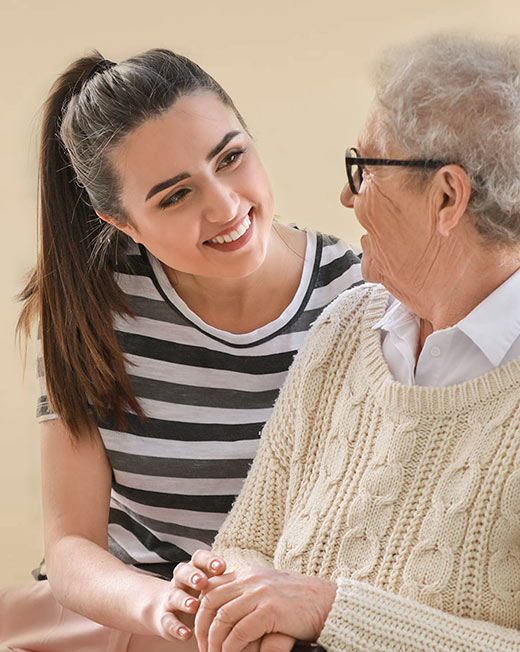Outreach & Social Isolation
Resources For Seniors in Southern Illinois

Outreach Workers visit senior adults, their family caregivers, families raising the children of their relatives, and older veterans to provide information about, and encourage them to use existing services and benefits.
There are many programs available to help older people who are trying to stay in their own home with a little assistance.
Making decisions about services and care can be overwhelming, especially after a stay in the hospital. Decisions about care most often are made rather quickly. If the right answers aren’t readily available or easily obtained, decisions about care are even more difficult. An Outreach worker can help you with these decisions.
Any information gathered or questions asked by Outreach Workers remains confidential and will not be used for any other purpose than to assist with needed services. Only with the senior adults permission, can the Outreach Worker make appropriate referrals to other agencies for help. Also, the Outreach Worker can occasionally checkup on the senior adults until they decide what, if any, services they want.
There is no obligation or charge for the services of an Outreach Worker or for a needs assessment for anyone aged 60 or older in Illinois. The cost for services recommended by the Outreach worker depends upon the senior adult or couples financial situation.
Social isolation can affect any age group, but is most notable in the senior population. At the last Census, 28% of people over the age of 65 live alone. It is expected that the next Census will show an even higher percentage of senior adults living alone. As people age, it is common for them to experience loss due to a variety of events, like the loss of a job due to retirement; a spouse, family, and friends to death; failing health and/or mobility; and loss of independence. These losses often contribute to seniors living alone and not having meaningful relationships or activities in their lives.
The National Institute on Aging reports the effects of social isolation on senior adults can increase the likelihood of high blood pressure, heart disease, weakened immune system, depression, anxiety, cognitive decline, Alzheimer’s Disease, and death. AARP’s Foundation’s “Connect2Affect” reports prolonged social isolation as a growing epidemic equal to the effects of smoking 15 cigarettes per day.
It is important to note the complexity of social isolation and loneliness. Social isolation is the physical separation of people from others due to living alone, living in a rural area, being homebound, or avoiding others. Loneliness is the emotional separation from others where one can feel unconnected from meaningful social relationships even when surrounded by others. Spousal caregivers can experience both social isolation and loneliness. They are often unable to leave the home due to caregiving duties. They may also lack meaningful relationships if the person they care for has cognitive issues or is unable to provide a meaningful connection.
There are services in place for the southern 13 counties that try to lessen the impact of social isolation and/or loneliness. The local senior centers have outreach workers that can make home visits to provide information on resources and services for senior adults, caregivers, and grandparents raising grandchildren. Williamson, Pulaski, Alexander, Johnson, Union, Gallatin, Saline, Hardin, and Pope Counties offer telephone reassurance and friendly visits as additional services for social isolation, if appropriate. The RSVP of SI volunteer program can also utilize volunteers to visit seniors who are socially isolated. A program called Healthy Ideas that is a practical counseling approach to helping avoid depression that senior adults and caregivers can utilize in the home is also available. A Care Coordinator provides case management assistance dealing with mild depression via monthly phone calls and/or home visits. There are no financial requirements for any of these programs.
If you have questions about any of these programs, call us or any of the local senior centers.
Have Questions?
Get in touch!
We serve Illinois' 13 southern most counties. Alexander, Franklin, Hardin, Gallatin, Jackson, Johnson, Massac, Perry, Pope, Pulaski, Saline, Union, and Williamson County.